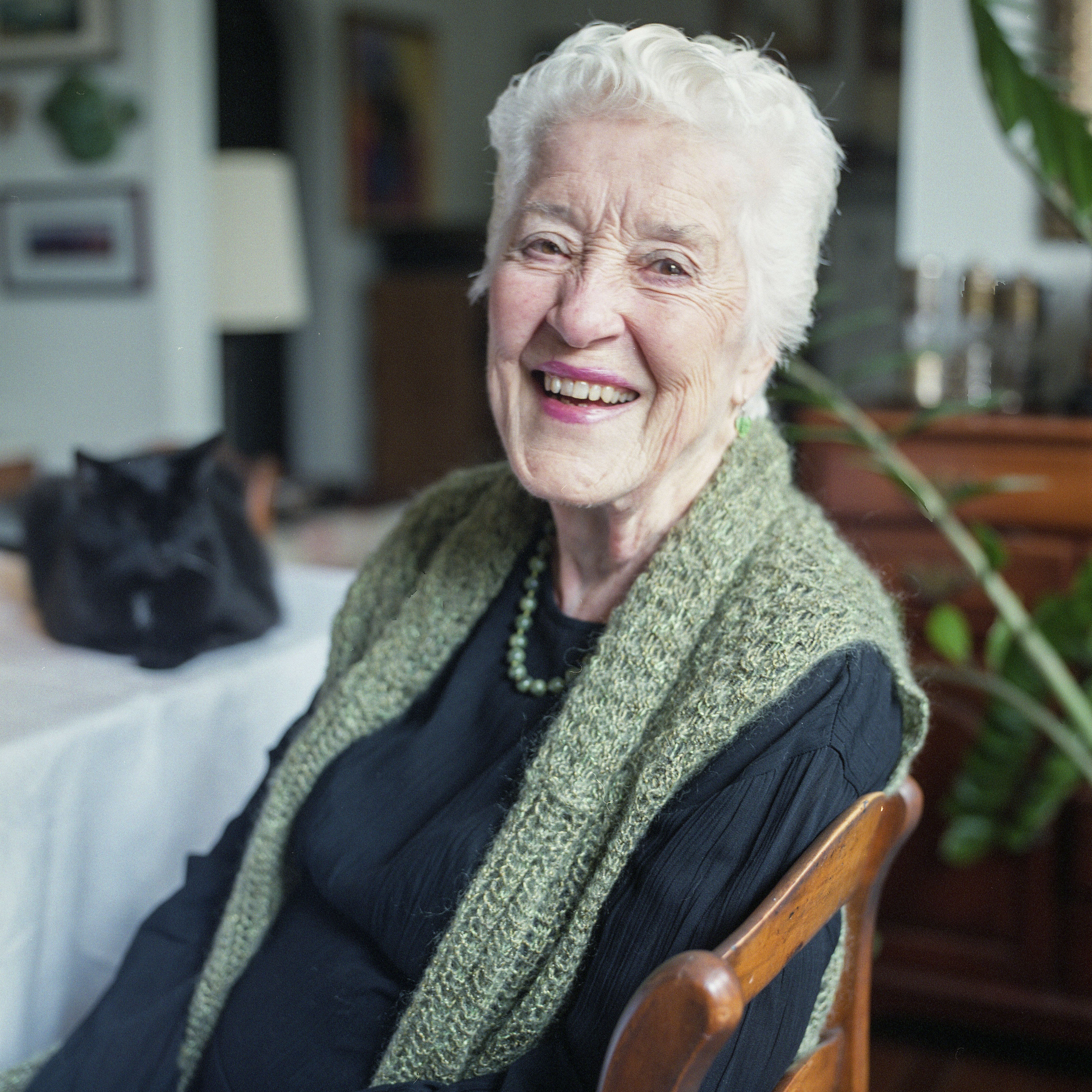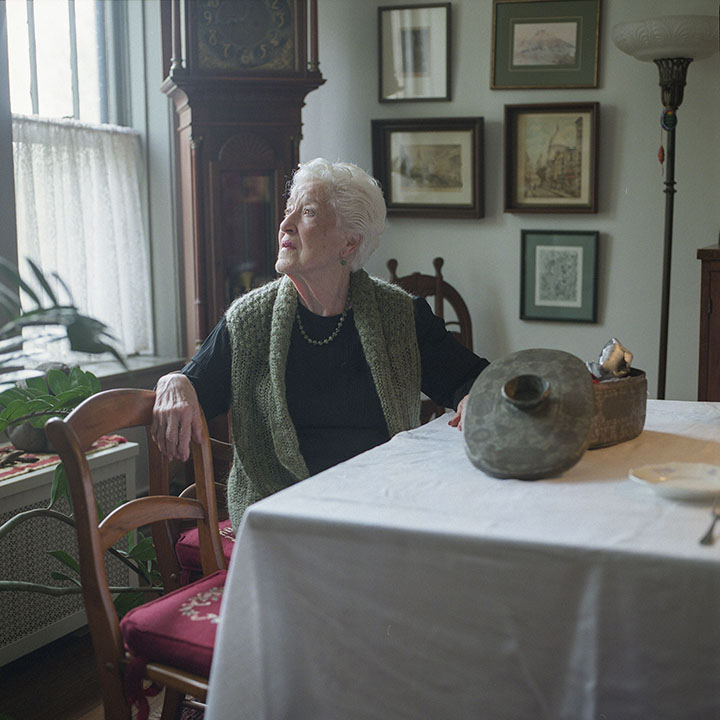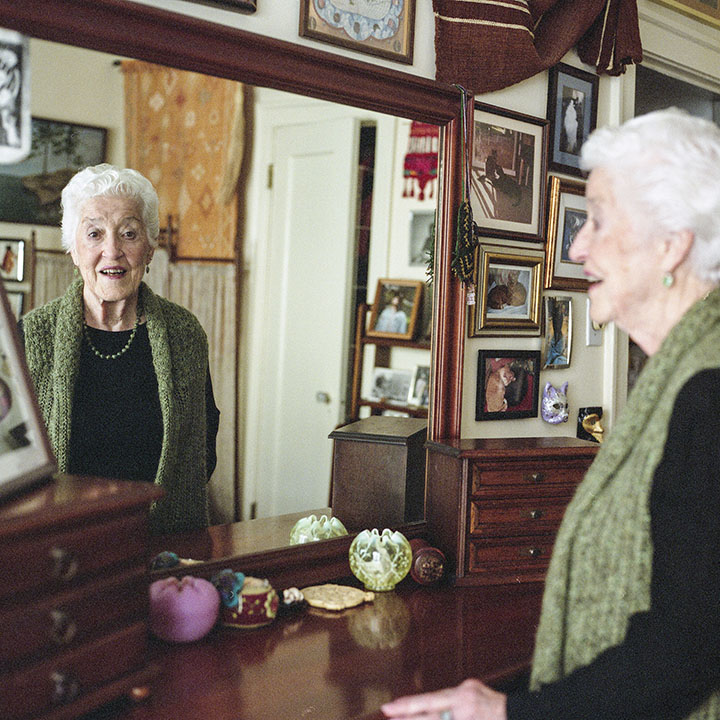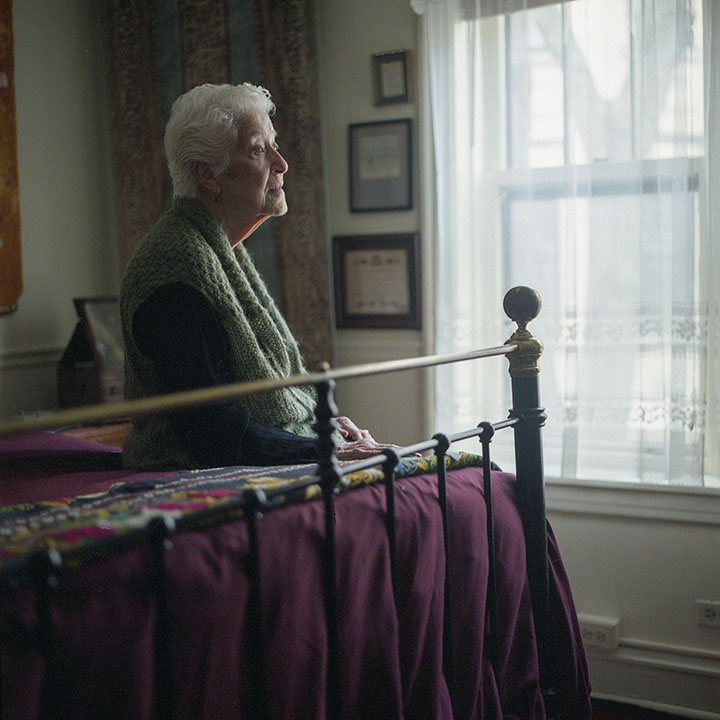Food Consumer & Creator
Darkness
Cardamom
Wonderment
Cardamom
Wonderment

Food is shared and people want to share. People want to show you something, something that they have or something that they believe in or something that they’re proud of.
I have enjoyed sharing food and conversations about food with people all over the world, many of whom have few resources but pride in their food and a desire to share it. I don’t visit this memory often, but when I do it is always with wonder that it even happened. This was such an unaffected, gracious invitation of people who wished to communicate over what they had – coffee.
There were two groups I remember – dancers of the Dayton Ballet, who were performing at the festival, and a dozen or more armed militia, guarding the proceedings. I smell horses, coffee and cardamom. It is the deepest darkness of the night, and I see red oriental carpets, black coffee and glistening rifles stacked like corn stalks around the tent poles.
I was in a long black tent of Bedouin militia, high above Jerash, an excavation of an ancient Rome city in the desert of Jordan, where the queen had ordered an international arts festival. I am tasting the bitterness of thick, aromatic coffee, heavily sweetened, and poured through a cardamom seed stuffed into the spout of the soot-darkened pots.

In the distance and down in the valley the festival continued until dawn – other performers, food stalls, salesmen of rugs and pots, happy crowds of mostly men; outside the tent, the rustle of horses saddled and waiting; inside the tent a great quiet. The dancers, young women and men were shy, lovely and speechless and, admiring them were roughly handsome bearded young men – and no one had any language with which to bridge the gap!
The dancers sat on beautiful worn rugs in a long line against the tent wall and the shy hosts brought them cup after cup of coffee with murmurs of gratitude, expressions of surprise and appreciation. Our only problem turned out to be how to stop the flow of coffee – eventually an overturned cup made the point without rudeness. I believe this memory is a jumping off place for examining how I view food and community.
In the hills of eastern Turkey, I visited with a little lady, wrinkled by time and sun, who showed me how she baked thin bread on what looked like the back of a huge wok, over a tiny, but fierce, fire in her garden. I recall another strong, muscular matron who reached into red hot coals to offer us sweetly perfumed bread dough stuck to the side of the enormous tandoor.
I think about food a lot. I like food. I have used food as an entry to the kitchens of stuffy old ladies who didn’t want anybody in their kitchen. When I go to a new country, and I’ve been blessed with trips to a lot of countries, there are two things I really want to see. I want to see a hardware store and I want to see a grocery store. The hardware store tells me how their food is prepared or how it is grown. And a grocery store will tell me where the emphasis of a lot of their food habits fall.
I’ve come to learn that my relationship with food is an essential part of life – sharing, teaching, understanding. New people, new places, new fads, new foods – I’ll try anything; I am an instinctive cook. What do I have on hand? Who will I be serving? What are their tastes and needs?
In communist Bucharest Romania, I sat at the table of a threadbare hotel to eat the most glorious sturgeon and palachinka I’ve ever eaten. While we ate off chipped china and silverware, I remember the soft linen so thin with age that I could have read the menu through it – had there been a menu – our host presented every dish with dignity and pride.

Food is here and now. If you can sit with someone for a few minutes and you can use food as the cause for your being there, you can talk more freely. The table of my in-laws in northern Spain so perfectly exemplifies what I’m talking about. In those homes, small homes, poor homes in northern Spain, there weren’t any living rooms. You never sat in the salon to talk with people, you sat around the dining room table. That’s where everything happened. That’s where people talk. That’s where they ate. That’s where I learned how to make sausage. You’d hear everything that matters to them around the table.
Food is shared and people want to share. People want to show you something, something that they have or something that they believe in or something that they’re proud of.
While climbing in the Scottish Highlands, I learned that a stag had been shot that day and I went to the shed to see the animal. They told me all about what they were doing and how they were going to cut it up to have this wonderful stew. They told it all to me in Gaelic. I didn’t understand a word they said, except I didn’t have to have the words…we were talking about food and everyone just instinctively knew.

[ Jean Galán is photographed in her home in Chicago, Illinois on 120mm film. ]